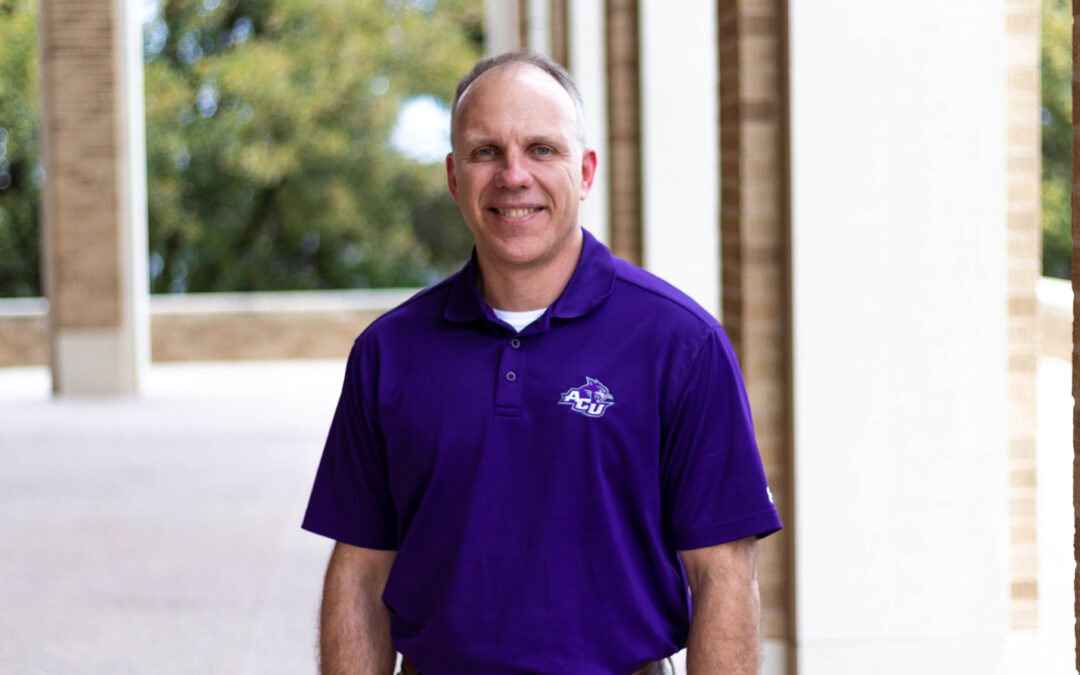Dodd Roberts is the Director of Halbert Center for Missions and Global Service. He is known around campus as a respected professor, boss, friend, and Christ-follower. One of his student workers, Cristian Villanueva, has worked with Dodd for the past year as a student videographer. Cristian shared what he has learned from working so closely with Dodd:
“Dodd Robert’s leadership skills come so naturally to him! He leads by being genuine and caring to those he oversees by providing very clear and strong direction, and in doing so earning the respect of those he works with and making it so easy to communicate direction. Having worked for him for a little over a year now, he is so very clearly a strong family-oriented person and brings that energy to the workplace. Along with these traits, Dodd possesses a very strong, developed, and solid Christian foundation having already had a background in Christian leadership.”
Dodd recently shared with us his own perspectives on faith and leadership by answering the questions below.
What is your perspective on leadership?
- Wow – that is a huge question! I’ve heard it said that the biggest indicator of leadership is to turn around and see if anyone is following you. If that is true, then the best resource for leadership advice is the one with the most followers of anyone ever. He said, ” Whoever wants to become great among you must be your servant, and whoever wants to be first must be your slave – just as the Son of Man did not come to be served, but to serve, and to give his life as a ransom for many.” That’s excellent advice, but counter-cultural leadership. A lot of people say it, but few do it, including the many times I fail at it!
In your opinion, how should faith impact leadership?
- For a disciple, faith should impact leadership because faith should impact everything we do. There is no sacred/secular divide, as much as we sometimes want to act like there is one. We are always on God’s mission first, not our own, and that mission is reconciliation. Everything we do, including leading, should be done in a way that draws people to Jesus and reconciles relationships with God, others, themselves, and all of creation. Many early church writers identify humility as the greatest virtue, and Paul speaks well of humility as he introduces the hymn about Christ’s sacrifice, “Do nothing out of selfish ambition or vain conceit. Rather, in humility value others above yourselves, not looking to your own interests but each of you to the interests of the others.” Someone who lives like that will be a great leader.
Do you have any personal examples of how your faith impacts your leadership?
- I own a retail shop that employs many young people 16-21 years old. They probably come into the job looking for just a “typical” part-time job, and a paycheck. But we have lots of conversations during work shifts and at our crew meetings about why the shop exists (to bring reconciliation to the crew and community) and what the purpose is for their lives. They don’t have to believe what we believe, but they hear about it, hopefully in a way that makes a difference in their lives. And they know we care about them as people, not just as employees. We train our store leaders to lead from this perspective. Our crew hears that the world is broken and that our job is to treat people in a way that can help restore that brokenness and bring them joy.
Thank you Dodd for being an example of what it looks like to lead in the footsteps of Jesus!

